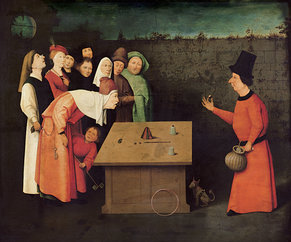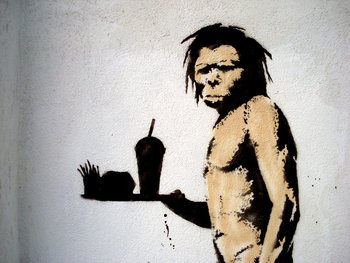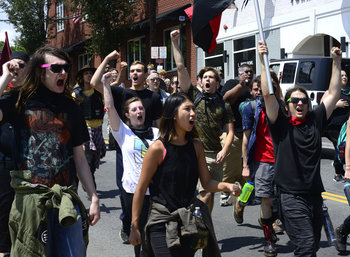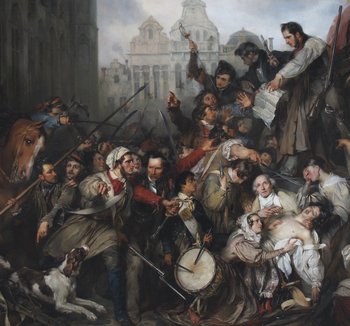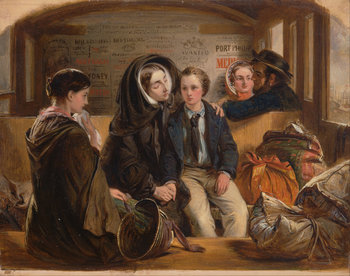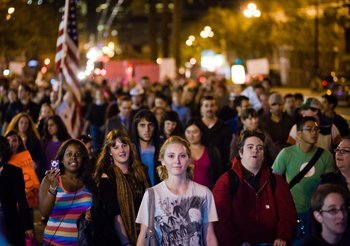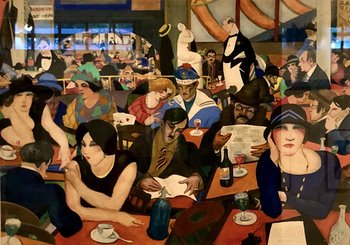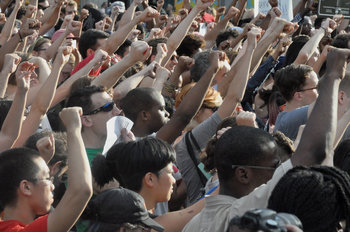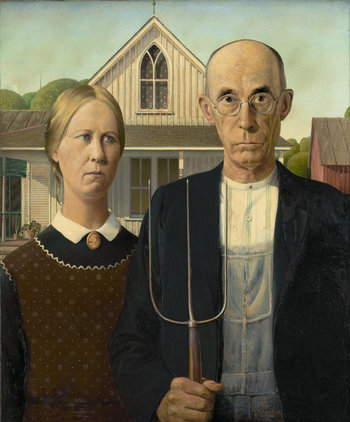
Reactionary
A reactionary policy seeks to rollback a change that has already occurred. In the case, of populism this would seek to rollback a change that was made by an elite. For example, populism that seeks to undo political integration between independent nations.Isolationism
Populism is often against globalism and involvement in international disputes and wars. This can be due to the perception that globalism or wars haven't benefited the majority but have rather served the interests of an elite. Wars may also be rejected on moral grounds.Law & Order
Support for harsh laws and penalties to fight crime can be populist. Alternatively, abolishing laws that are perceived as unfair and unnecessary can also be populist.Conservatism
Conservatism is the view that the past was good and that change should be slow. This can be contrasted with progressivism that advocates for aggressive change with the view that the past was terrible. Conservatism is populist where a progressive elite implement changes that are broadly unpopular. For example, progressives implemented a prohibition on alcohol in the United States in 1920 that was overturned 13 years later in a wave of popular opposition.Socialism
Socialism is forced sameness whereby things are equalized by a state such that none can get ahead of others. This is pitched in various ways to appeal to those who feel they are missing out on prosperity. Where a society fails to generate a large and thriving middle class that benefit from capitalism, populist socialism is likely to appear.Paternalism
Paternalism is the view that people have low agency or that they can't be trusted to run their own lives such that the government should regulate every aspect of life. This can generate both popular support or popular opposition. For example, opposition to government monitoring and data collection can be a populist issue.Tyranny of the Majority
Appeals to the majority to oppress a minority. For example, the rise of ethnic nationalism in Germany, Italy and Japan in the 1930s based on populist propaganda that managed to overthrow a comparatively moderate and liberal elite.Liberalism
Liberalism is the prioritization of rights and freedoms. This can generate populist movements inspired by a sense of justice. For example, the women's suffrage movement of the early 20th century that won the vote for women in countries such as Norway (1913), Germany (1918), Canada(1919), the United States (1920) and the United Kingdom (1928).Environmentalism
Reactions against the degradation of current and future quality of life due to environmental mismanagement and corporate destruction of shared resources such as clean air and water.Notes
Right wing populism is any popular position that runs contrary to those favored by a leftist elite. For example, the rollback of high taxes that are used to support income redistribution programs.Left wing populism is any popular position that runs contrary to those favored by a rightist elite. For example, the legalization of common behaviors that have been made illegal by an authoritarian government.In some cases, a populist policy appeals to the majority on both the left and right. For example, globalism has variously faced popular opposition from both the left and right.| Overview: Populism | ||
Type | ||
Definition | Popular political position that runs contrary to the direction established by a political, bureaucratic or social elite. | |
Related Concepts | ||



